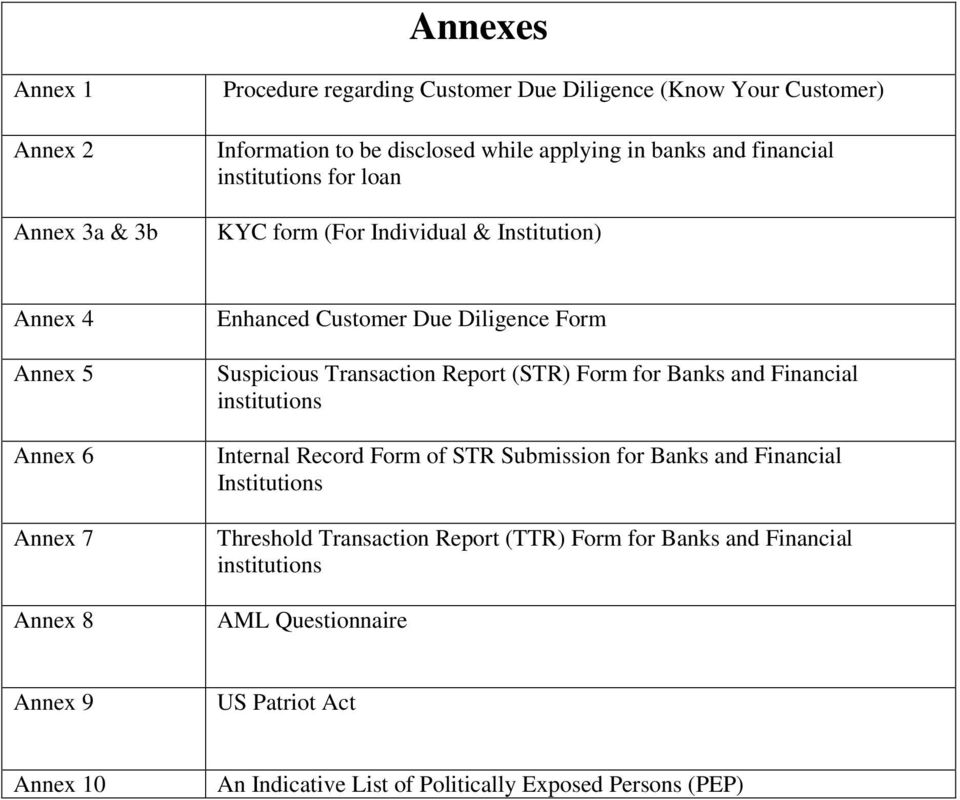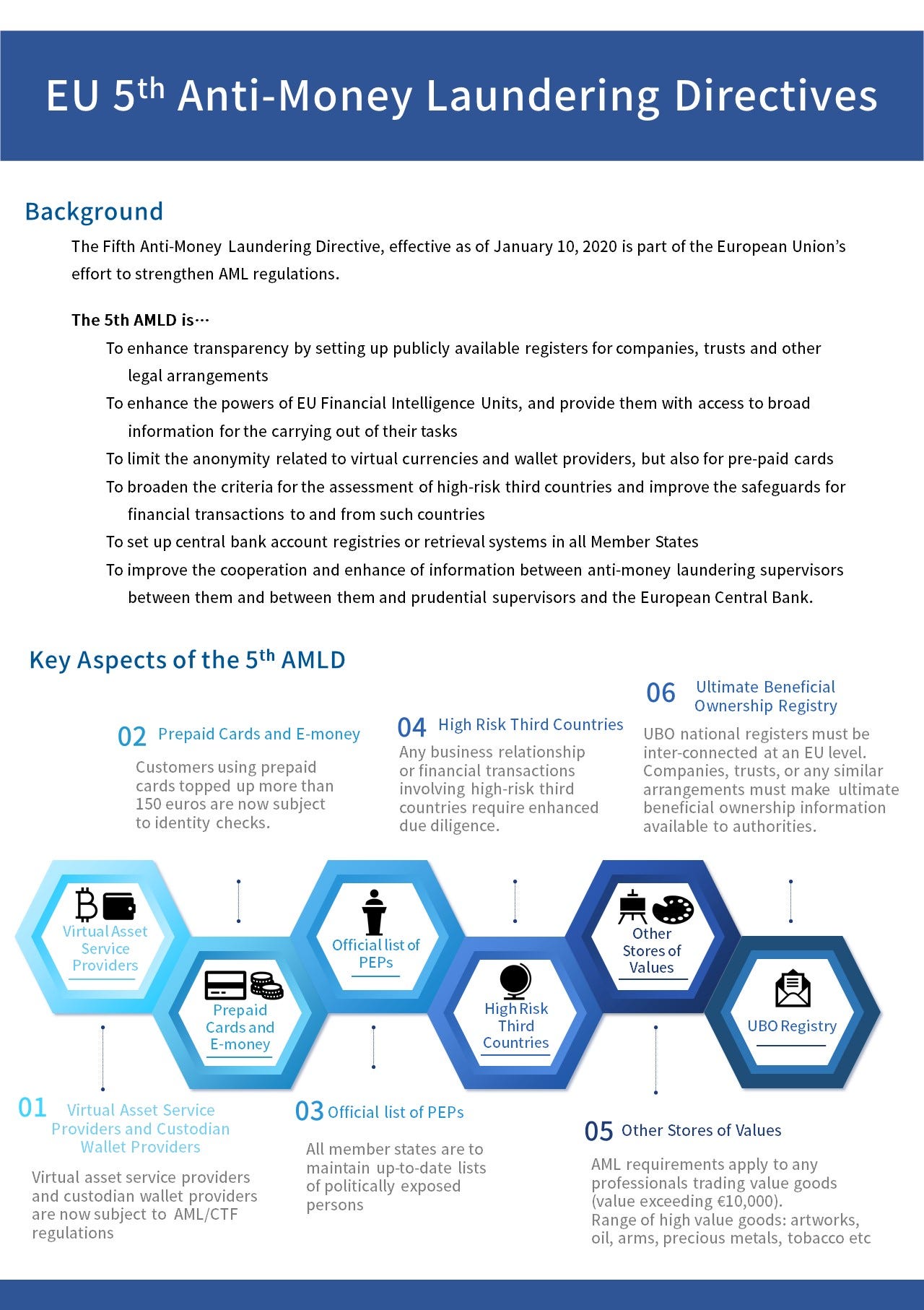Politically Exposed Persons (PEPs) are individuals who are or have been entrusted with prominent public functions in a foreign or domestic country; for example, Heads of State or of government, senior politicians, senior government, judicial or military officials. Politically exposed persons (PEPs) are high risk clients according to the international anti-money laundering standards. Search online for PEPs, their close associates and affiliated entities. Our global database of sanctioned individuals and entities, along with Politically Exposed Persons (PEPs) and their Relatives and Close Associates (RCAs) is updated on a daily basis to keep you up-to-date.
- Politically Exposed Person List South Africa
- Enhanced Politically Exposed Persons List
- Politically Exposed Persons List Providers
Compliance Knowledge Base | FCA Compliance Training
PDF Restrictions Remover Pricing Overview PDF Restrictions Remover pricing starts at $19.95. They do not have a free version. PDF Restrictions Remover offers a free trial. Pdf restriction remover. Do you have a PDF (Adobe Acrobat) file which cannot be printed, copied, or edited? Your PDF file has had password security and other restrictions added. With A-PDF Restrictions Remover, you can. The expert solution i.e., PDF Restriction Remover comes with the advanced designing algorithm for removing any kind of the restriction from PDF files. The users can print, extract or remove password from PDF files via this wizard. With A-PDF Restrictions Remover, you can remove the password and restrictions in a few seconds. The program supports both user/open password and owner password, and what's more, it does not need Adobe Acrobat software. A-PDF Restrictions Remover is extremely easy to use. Just right click the PDF file in Windows Explorer, and in the context. PDF Restriction Remover can be used to remove the Adobe Acrobat PDF files password protection, which have 'owner' password set, preventing the file from editing, printing, commenting, copying.
A Politically Exposed Person (PEP) is defined as an induvial who has been trusted with a prominent public function, which generally means that they present a higher risk for corruption. The Financial Action Task Force (FATF) produced guidelines to help define a PEP. They describe a PEP as:

- A current or former senior official in the executive, legislative, administrative, military or judicial branch of a government
- A senior official of a major political party
- A senior executive of a government-owned commercial enterprise
- An immediate family member or close personal/professional associate of such individual
The level of risk associated with a PEP varies depending on the type of individual. It's important to note that if an individual is considered a PEP, they are not automatically a criminal, nor are they necessarily linked to abuse of the financial system. As with most legislation, PEP requirements vary in different countries. It's crucial that you comply with not only the local requirements for PEP due diligence but also with any international regulations to which your business may be exposed.
What is a PEP list?
The PEP list includes customers with known links to high-risk countries and business sectors and customers with complex beneficial ownership structures. Building a business relationship with a PEP is considered a high-risk situation. For anti-money laundering (AML) and terrorist financing purposes, you should perform enhanced due diligence (EDD) against anyone on the PEP list. These situations are considered high-risk because they present a higher money-laundering risk or threat of financing terrorism.


How is this linked to the financial sanctions list?
The Office of Financial Services Implementation publishes a consolidated financial sanctions list, which includes information to help firms to screen and identify designated persons subject to UK, EU and UN financial sanctions. These sanctions are essentially restrictive measures imposed on financial resources and services for individuals, entities and bodies that engage in criminal activities. They're also applicable to PEPs.
It's important to note that PEPs are not automatically included in the consolidated financial sanctions list. Therefore, compliance breaches can occur if senior management misunderstands the difference between 'designated persons' on the financial sanctions list and PEPs. If this happens, any efforts put into enhanced due diligence will not be focussed on the correct targets. Ctr ps1 para pc. AML customer due diligence doesn't usually include screening against the financial sanctions list. Therefore, to avoid the risk of breaching the UK financial sanctions, screening against HMT's consolidated list must be carried out in addition to AML checks.

Politically Exposed Person List South Africa

- A current or former senior official in the executive, legislative, administrative, military or judicial branch of a government
- A senior official of a major political party
- A senior executive of a government-owned commercial enterprise
- An immediate family member or close personal/professional associate of such individual
The level of risk associated with a PEP varies depending on the type of individual. It's important to note that if an individual is considered a PEP, they are not automatically a criminal, nor are they necessarily linked to abuse of the financial system. As with most legislation, PEP requirements vary in different countries. It's crucial that you comply with not only the local requirements for PEP due diligence but also with any international regulations to which your business may be exposed.
What is a PEP list?
The PEP list includes customers with known links to high-risk countries and business sectors and customers with complex beneficial ownership structures. Building a business relationship with a PEP is considered a high-risk situation. For anti-money laundering (AML) and terrorist financing purposes, you should perform enhanced due diligence (EDD) against anyone on the PEP list. These situations are considered high-risk because they present a higher money-laundering risk or threat of financing terrorism.
How is this linked to the financial sanctions list?
The Office of Financial Services Implementation publishes a consolidated financial sanctions list, which includes information to help firms to screen and identify designated persons subject to UK, EU and UN financial sanctions. These sanctions are essentially restrictive measures imposed on financial resources and services for individuals, entities and bodies that engage in criminal activities. They're also applicable to PEPs.
It's important to note that PEPs are not automatically included in the consolidated financial sanctions list. Therefore, compliance breaches can occur if senior management misunderstands the difference between 'designated persons' on the financial sanctions list and PEPs. If this happens, any efforts put into enhanced due diligence will not be focussed on the correct targets. Ctr ps1 para pc. AML customer due diligence doesn't usually include screening against the financial sanctions list. Therefore, to avoid the risk of breaching the UK financial sanctions, screening against HMT's consolidated list must be carried out in addition to AML checks.
Politically Exposed Person List South Africa
Enhanced Politically Exposed Persons List
Example
Politically Exposed Persons List Providers
In 2015, the Financial Conduct Authority (FCA) fined Barclays Bank after the firm failed to minimise the risk of their bank being used to facilitate financial crime. The misconduct related to a £1 billion transaction that Barclays arranged and executed in 2011 and 2012 for a number of high-net-worth clients. These clients were PEPs, revealing that Barclays failed to perform enhanced levels of due diligence and monitoring. After investigating, the FCA found that the firm had actually applied a notably low level of due diligence. Specifically, senior management failed to oversee and monitor Barclays' handling of financial crime risks. It would seem that the bank did not follow its own standard policies due to their sales-driven culture as they prioritised fast transactions over safety procedures. As a result, the FCA fined the firm £72 million.
